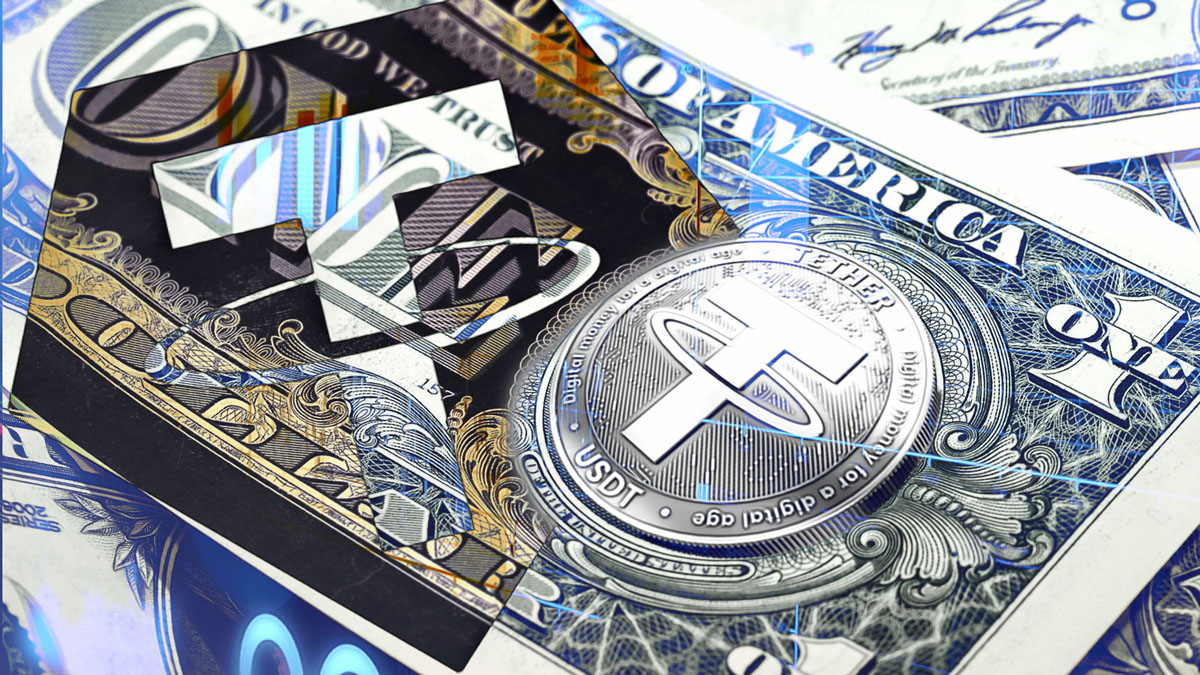Tether, the company behind the widely-used stablecoin USDT, has recently escalated its compliance measures by freezing several wallets associated with circumventing U.S. sanctions on Venezuela’s oil exports. This action follows a detailed report by Reuters highlighting the increased usage of USDT by Venezuela’s state oil company, PDVSA, to bypass U.S. financial restrictions.
Strengthening Sanction Compliance
In December of the previous year, Tether had proactively frozen 41 wallets linked to individuals on the U.S. Treasury Department’s Office of Foreign Assets Control (OFAC) Specially Designated Nationals (SDN) list. Further measures were taken following the revelation by Reuters, with a Tether spokesperson affirming the company’s dedication to adhering to OFAC’s SDN list by continuing to freeze additional wallets implicated in sanctions evasion.
The escalation in PDVSA’s use of USDT was notably timed with the reintroduction of U.S. sanctions ahead of Venezuela’s controversial elections. PDVSA has leveraged cryptocurrencies to execute transactions, thereby mitigating the risk of U.S. intervention in seizing funds within international banking frameworks.
Venezuela’s Cryptocurrency Ventures
Venezuela ventured into the cryptocurrency space in 2018 by launching the “Petro” token as a strategy to counteract economic instability induced by U.S. sanctions. Despite this, the Petro project encountered numerous challenges and was eventually discontinued earlier this year.
Monitoring and Regulatory Actions
The broader issue of using digital currencies to sidestep international sanctions has attracted increased regulatory scrutiny. For instance, OFAC has been proactive in penalizing entities within the cryptocurrency market, such as imposing a $1.2 million fine on the exchange CoinList for facilitating transactions that assisted Russian users in evading sanctions.
Points to Consider
- Tether’s recent actions are part of a broader strategy to enforce compliance with international sanctions.
- Utilization of cryptocurrencies like USDT can provide alternative avenues for sanctioned entities to transfer value internationally.
- The regulatory landscape for cryptocurrencies continues to evolve as entities like OFAC extend their oversight.
In conclusion, Tether’s proactive measures underline a steadfast commitment to regulatory compliance, contrasting with some past decisions where it opted not to freeze certain accounts. These developments underscore the complexities and responsibilities faced by financial entities operating in the digital currency space.












